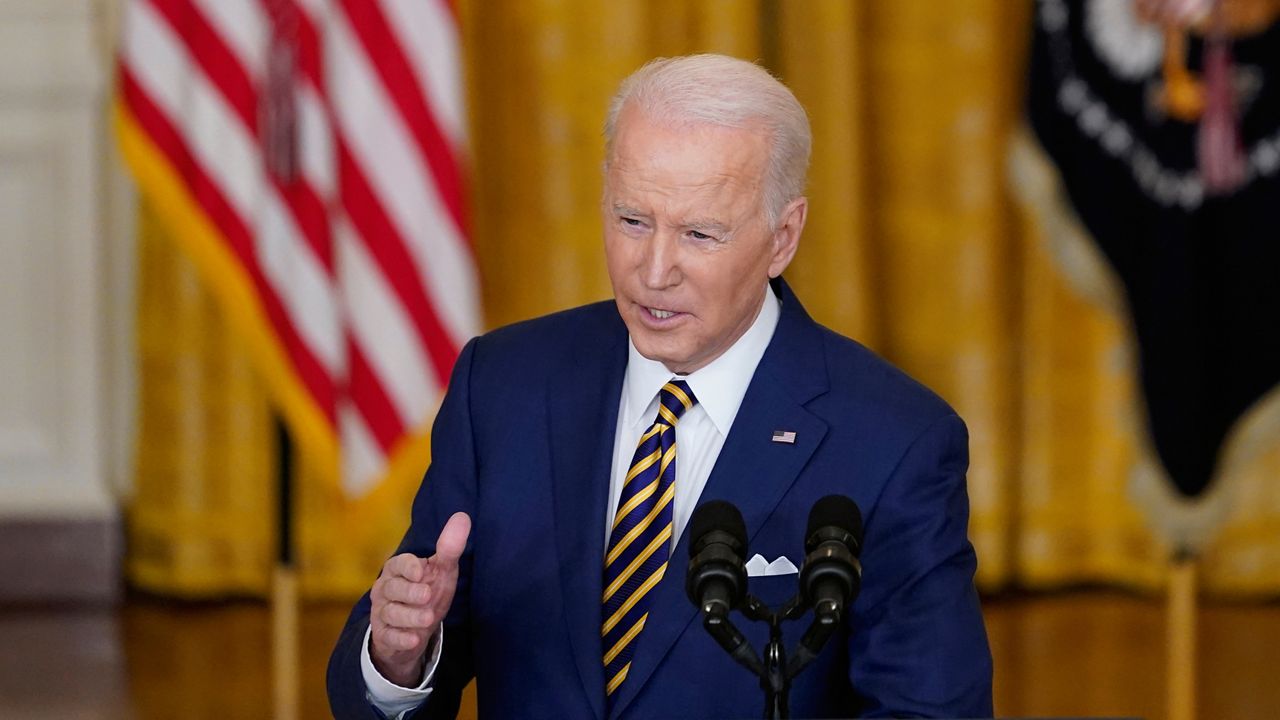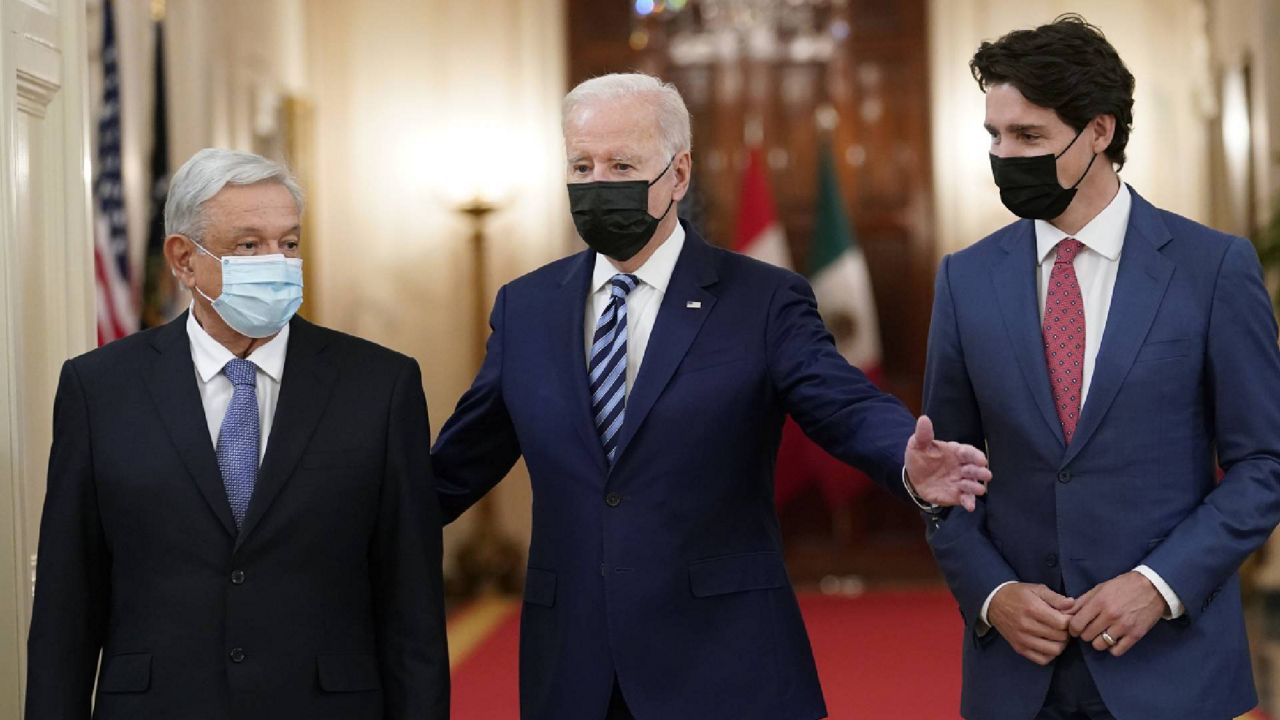WASHINGTON (SPECTRUM NEWS) — Sen. Ron Johnson, R-Wisconsin is hoping lessons learned so far could steer the conversation about what the federal government should do next about the coronavirus pandemic.
But he’s cautioning his fellow lawmakers and the White House against acting out of fear rather than facts.
“We should take that new data into account in terms of how we modify our policy,” said Sen. Johnson during a virtual hearing for the Senate Homeland Security and Governmental Affairs Committee. “We have to look at the totality of the harm being done and not only just the tragedy from the standpoint of lives lost and lives destroyed but also the economic destruction and the human toll that is taking as well.”
Johnson opened the hearing by comparing COVID-19’s impact to other diseases and causes of death like influenza and cancer.
“I think those numbers are important to keep in mind as we eventually find out what the actual infection fatality rate, which as the denominator grows and that infection fatality rate decreases, hopefully some of the fear will be reduced,” said Sen. Johnson. “I'm not saying the fear is irrational — it’s absolutely legitimate — but in order to really regain our economy [and] open back up, we need to look at it from a proper perspective.”
But ranking Democrat on the committee Sen. Gary Peters, Michigan maintained the US’s struggle with disseminating medical and PPE supplies and testing capabilities show we’re not ready to let down our guards just yet.
“I'm ready to start getting America back to work but we need a clear plan backed by science and data,” said Sen. Peters.
Dr. Pierre Kory, the Critical Care Service Chief at the University of Wisconsin School of Medicine and Public Health was among the witnesses called to testify before the committee.
Johnson said he was invited because he’s one of the frontline specialists calling for the removal of red tape on medical solutions.
"We are dismayed by the lack of proposal for an effective treatment protocol,” said Dr. Kory.
According to Dr. Kory, the current national medical directive is solely focused on supportive care.
He and a group of critical care specialists recently released their own recommendation.
They want the Trump administration to green light their plan for early intervention protocols they believe would reduce the need for ventilators and ultimately prevent deaths.
“The lack of steroids may be a critical absence in the treatment strategies of these patients,” said Dr. Kory. “[And] the other thing that we’ve seen all around the world in many institutions and medical journals and editorials is this constant cry for randomized control trials or prospective trials. We, in our group, we all know the critical need for data and trials but we think there’s an over-emphasis.”
Johnson said he has sent Kory’s protocol to the White House for the president’s consideration.
“I sent it to [Chief of Staff] Mark Meadows today with the text: ‘I pray somebody will pay attention to this,” said Sen. Johnson.
The House is pressing oversight as a major part of its next steps in addressing this pandemic.
Likewise, Sen. Kamala Harris, D-California directly called on Sen. Johnson during Wednesday’s hearing to ask current high ranking officials to testify before his committee immediately.
“Our committee has the responsibility for oversight of all of FEMA that we bring current administration officials in to discuss with us what their plan is for the administration of taxpayer dollars,” said Sen. Harris. “And at the [Senate] Health Committee, they’re having Dr. [Anthony] Fauci (director of the National Institute of Allergy and Infectious Diseases) come. They’re having the point person at the top level of the administration. We should do no less."










